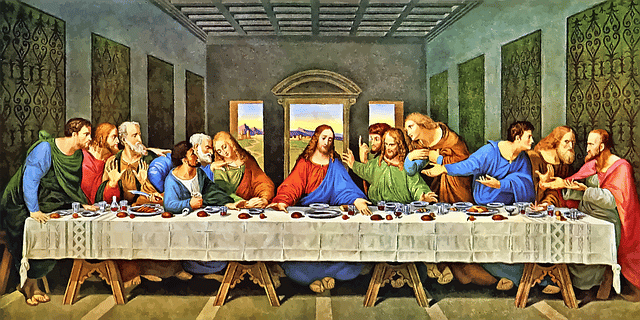
Christianity is a religion based on the teachings of Christ.
The Greek word christianismós came into late Latin as christianismus . This is the closest etymological antecedent of Christianity , a term that refers to the monotheistic religion centered on the figure of Christ .
The idea of Christianity refers both to this religion and to the set of principles and beliefs that constitute it. It also refers to the condition of Christian and to the community formed by these believers.
Characteristics of Christianity
With some 2.4 billion followers, Christianity is the religion with the largest number of followers. Born from Judaism, it has several branches or lines, such as Catholicism and Protestantism .
All branches of Christianity have in common that they believe that Christ (also called Jesus Christ , Jesus or Jesus of Nazareth ) is the Messiah and the Son of God . During his time on earth, Christ suffered, was condemned to crucifixion and finally rose again to save mankind, according to the Christian view.
In its origins, Christianity was considered a sect derived from Orthodox Judaism. Jesus was, in fact, Jewish, although he presented himself to people as the path to God and salvation . The disciples of Christ and the so-called apostolic fathers were the original leaders of this movement and its first disseminators. Thus, Christianity went from being a sect to a minority religion and then to a mass religion.

According to Christianity, Christ died crucified and then resurrected.
Differences like Catholicism
As we have already indicated, Catholicism is a branch of Christianity. However, in colloquial language , both terms are used as synonyms.
It can be said that while all Catholics are Christians, not all Christians are Catholics. Catholics follow the teachings of those early apostles, hold that the Church represents God on Earth , and affirm that the Pope is the highest authority in the religious community.
Protestants and Orthodox , in this framework, are Christians but not Catholics. These groups have differences regarding the structure and dogma of Catholicism. Celibacy as an obligatory requirement for priests, for example , is a condition set by Catholicism that is not present in the other divisions of Christianity.
Jesus, the axis of Christianity
As is often the case with all religions, Christianity mixes historical truth with faith . Although there are multiple visions and positions, there is a general consensus on the true existence of Jesus .
Jesus is believed to have been born between 7 and 2 BC in Bethlehem , a Palestinian town. His parents were Joseph and Mary . For nearly 30 years he worked alongside Joseph as a carpenter until he began his travels through Judea , spreading his message .
In this way, Jesus began to present himself as the Son of God and Messiah , gathering a group of twelve disciples who accompanied him on his travels. Because of his ideas and words, he was soon persecuted by the Jewish and Roman authorities.
In 33 AD, he was sentenced to death by crucifixion. Of course, there is no scientific evidence of his alleged resurrection.
